detail profile miah persson
Peran Yang Di Mainkan Miah Persson
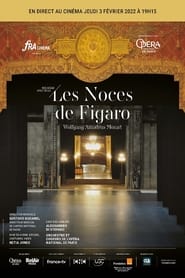 The Marriage of Figaro is one...
The Marriage of Figaro is one...Les Noces de Figaro, Opéra Garnier de Paris 2022
The Marriage of Figaro is one of the most emblematic operas in the repertoire. Brahms spoke of it as a “miracle” and the Countess' complaint still resonates today as one of the most heartbreaking musical pages. It was by resuming Beaumarchais' comedy, which caused a scandal in Parisian society, that Mozart and his librettist Da Ponte began their first collaboration. The play was banned by Joseph II in 1785 at the Vienna Theater. Is it because it exposed too much to the forefront the contradictions of an already faltering regime, ready to collapse with the French Revolution? Netia Jones preserves the very essence of Beaumarchais' play by questioning human relationships with humor but not without mischief, in a production which confuses reality and fiction to the point of asking, like the Count: "Are we playing a comedy?" »
 Mozarts genius in setting to music...
Mozarts genius in setting to music...Così fan tutte 2006
Mozart's genius in setting to music da Ponte's comic play of love, infidelity and forgiveness marks COSI FAN TUTTE as one of the great works of art from the Age of Enlightenment. Nicholas Hytner's beautiful new production, with its sure touch and theatrical know-how, lives up to its promise to be "shockingly traditional" as Iván Fischer teases artful performances from an outstanding international cast of convincing young lovers.
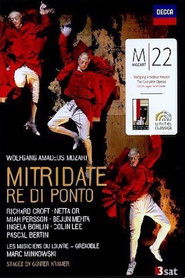 The definitive version of this rare...
The definitive version of this rare...Mitridate Re Di Ponto 2006
The definitive version of this rare opera by Wolfgang Amadeus Mozart. The costume and set design is truly visionary and other worldly and gives a convincing insight into what staged operas must have looked like during the Baroque and Rococo period. Singers are all excellent and well cast in their respective roles. One of the most thrilling things I have seen, just wish I could see this live.
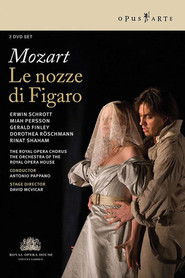 David McVicars spellbinding production of LE...
David McVicars spellbinding production of LE...The Marriage of Figaro 2006
David McVicar's spellbinding production of LE NOZZE DI FIGARO is set in 1830s post-revolution France, where the inexorable unravelling of an old order has produced acute feelings of loss. In the relationship between Finley's suave, dashingly self-absorbed Count and Röschmann's passionately dignified Countess, which lies at the tragic heart of the opera, the sexy ease between a feisty Figaro (Erwin Schrott) and a sassy Susanna (Miah Persson) is starkly absent, the tenacious spark between Marcellina (Graciela Araya) and Bartolo (Jonathan Veira) suggesting what might be rekindled. The production is superbly complemented by the beauty of Paule Constable's lighting and Tanya McCallin's evocative sets. Antonio Pappano conducts (and accompanies the recitatives) with invigorating wit and emotional depth.
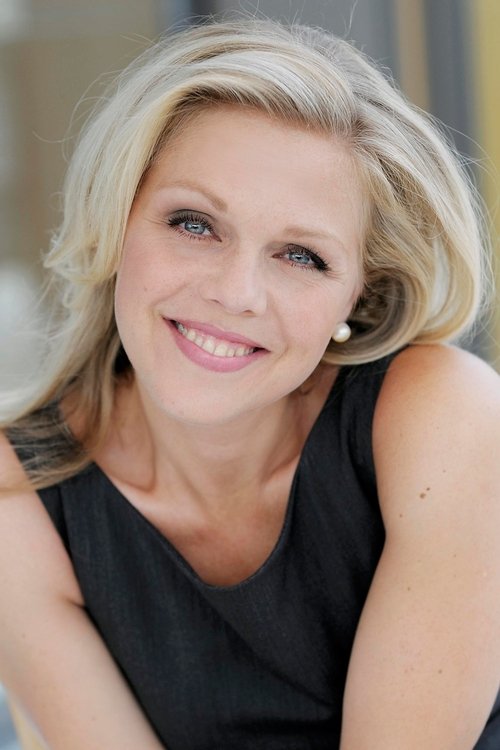
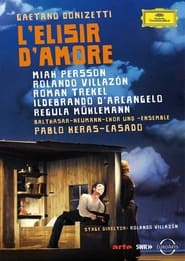 Rolando Villazons Baden Baden version of...
Rolando Villazons Baden Baden version of...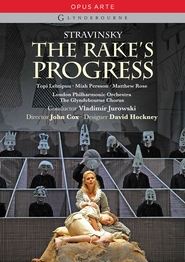 The devil is hard at work...
The devil is hard at work...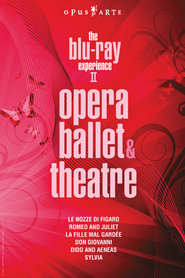
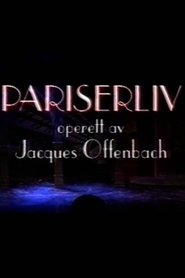 Live performance of Offenbachs La Vie...
Live performance of Offenbachs La Vie...